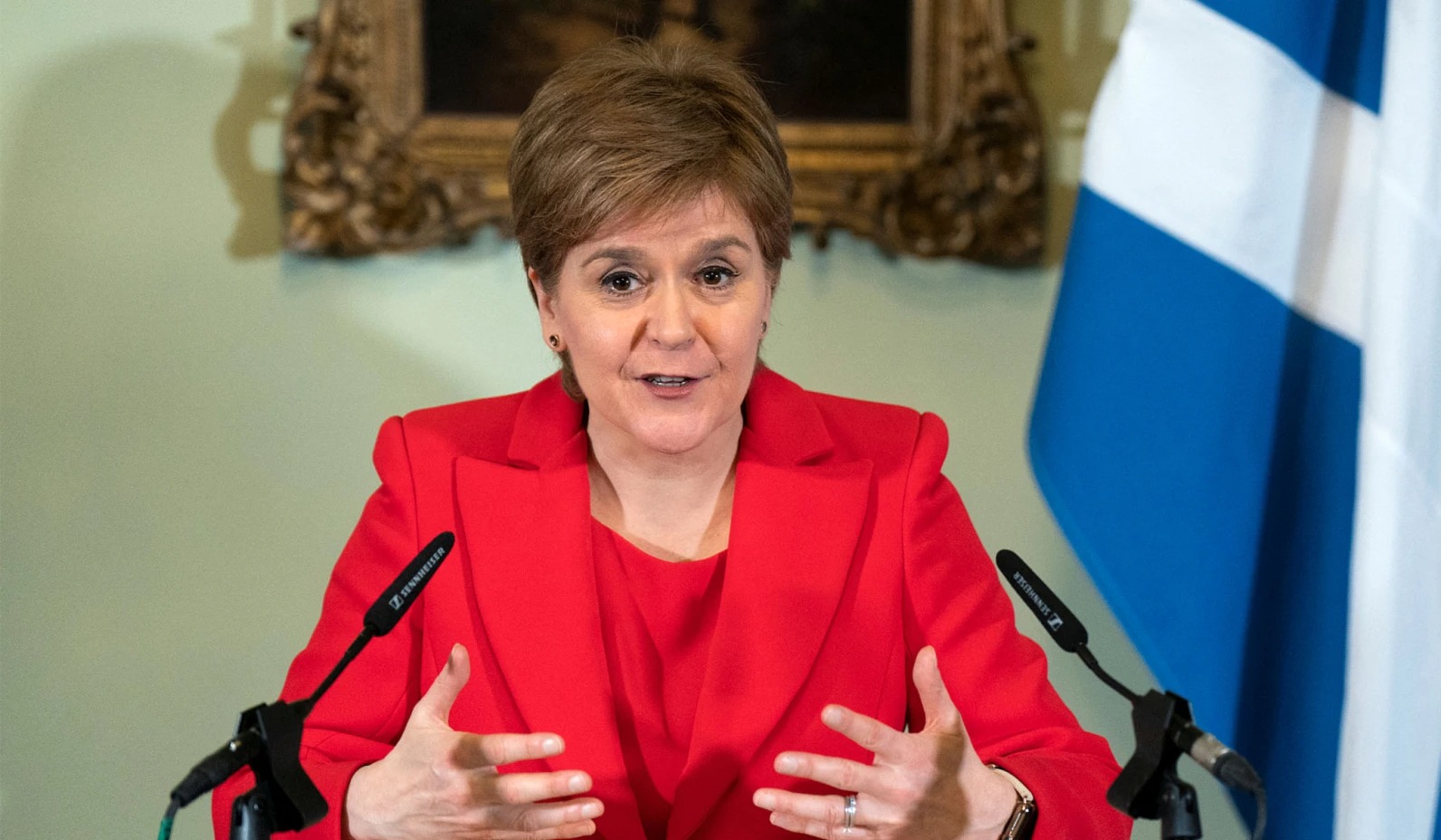
When Jacinda Ardern resigned as prime minister of New Zealand last month, she framed her decision in terms of natural human limitations. Politicians “give all that we can, for as long as we can, and then it’s time,” she said. Similarly, in stepping down as leader last week, Scotland’s first minister, Nicola Sturgeon, said she could no longer deliver everything her job “demands and deserves.”
It’s a nice idea: Politicians growing old gracefully, respecting the seasons of one’s career. Still, no amount of positive spin can gloss over a legacy mired in failure.
In 2014, 55 percent of Scots voted “no,” while 45 percent voted “yes,” to the question of Scottish independence. When Nicola Sturgeon, of the Scottish National Party, succeeded Alex Salmond as Scotland’s leader in 2015, she also succeeded him as leader of Scotland’s independence campaign. Brexit brought a chance to reinvigorate the debate, or so it appeared. In 2017, the Scottish parliament voted in favor of a second referendum on independence, but later that year the SNP lost 21 seats and 12 percent of its vote share in the general election.










